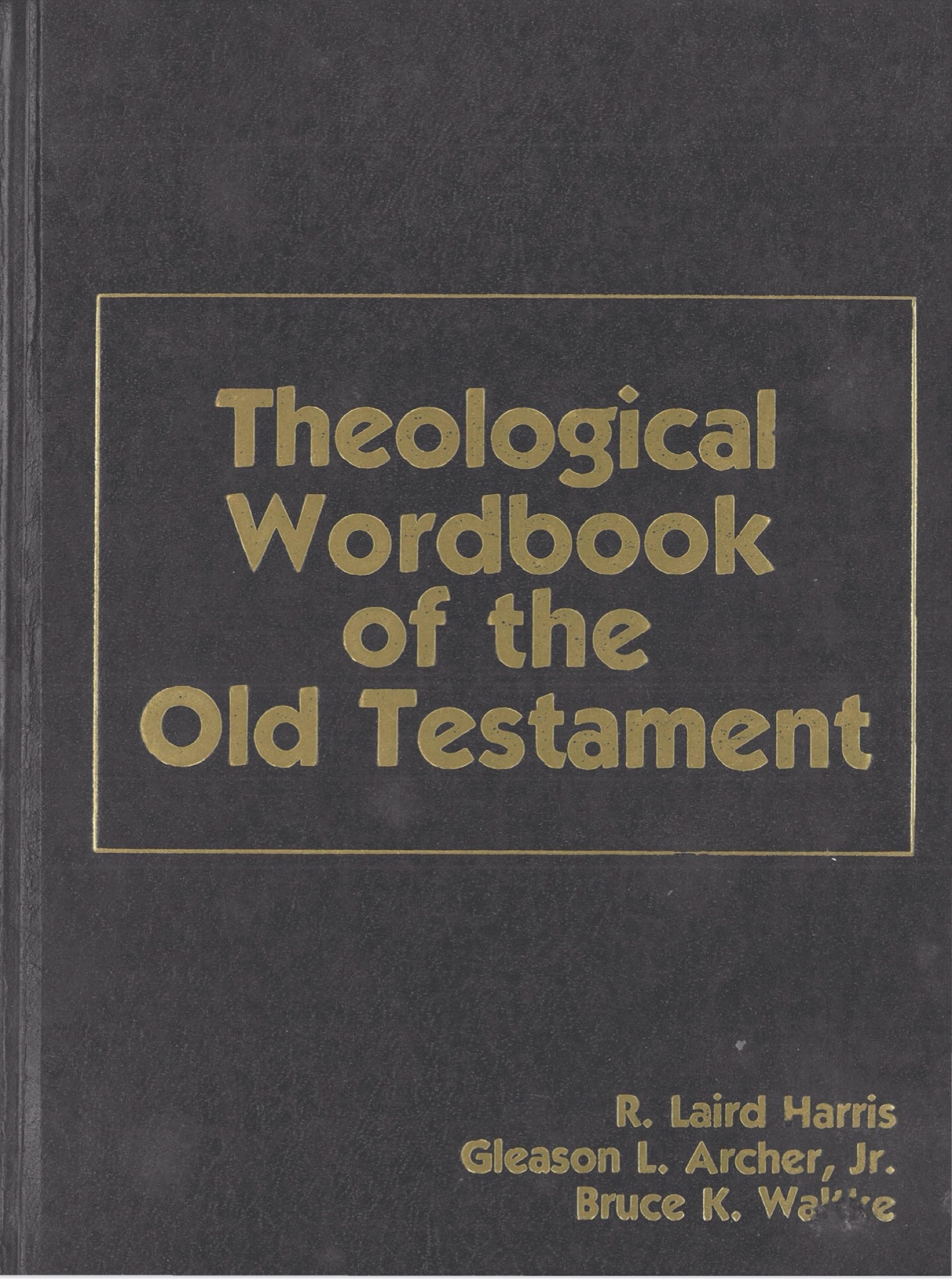Theological Wordbook of Old Testament Hebrew Dictionary
The Theological Wordbook of the Old Testament (TWOT) is a comprehensive Hebrew dictionary focusing on the theological significance of Old Testament words. Edited by R. Laird Harris, Gleason L. Archer Jr., and Bruce K. Waltke, it serves as a tool for scholars, pastors, and serious Bible students who may lack time or background for detailed technical study.
Key Features of TWOT:
• It presents definitions and theological meanings of Hebrew words from the Old Testament.
• Unlike exhaustive dictionaries, TWOT takes a more practical approach to studying Hebrew words, making it accessible to non-specialists.
• The entries are structured to group related words together, focusing on their etymology, meaning, and biblical usage.
• Forty-six evangelical scholars contributed to writing essay-like definitions for the most theologically significant terms.
• The dictionary avoids overwhelming technical detail while still providing rich theological insights.
• Includes bibliographies and indexes to help with deeper research.
Purpose:
• Designed to assist in interpreting theological terms of the Hebrew Bible.
• Emphasizes that understanding theological concepts requires spiritual discernment (1 Cor. 2:14).
• Explains that word studies alone are insufficient—meaning is also determined by context.
Structure:
• Words are arranged based on their Hebrew consonantal roots.
• Nouns, adjectives, and derived forms of a word are listed together.
• Where applicable, cross-references and bibliographies are included.
• Hebrew words are transliterated for accessibility to those unfamiliar with the Hebrew script.
Notable Discussions:
• The meaning of key Hebrew words such as “father” (’ab), “perish” (’abad), and theological terms relating to God’s character and relationships with Israel.
• Discussion on etymology vs. biblical usage, arguing that biblical meaning takes precedence over historical derivation.
• Some words, such as ‘Abaddon’ (place of destruction), are linked to theological concepts like eternal judgment.
Conclusion:
TWOT is a valuable resource for those seeking a deeper understanding of Old Testament Hebrew words and their theological implications. While it does not replace exhaustive lexicons, it provides a well-researched yet accessible tool for Bible study and sermon preparation.
